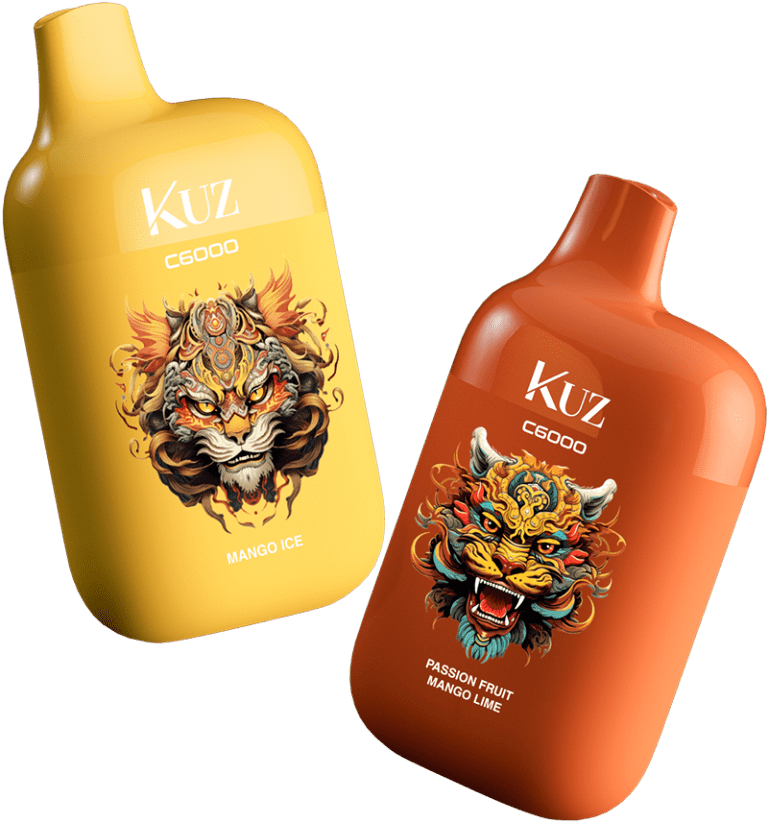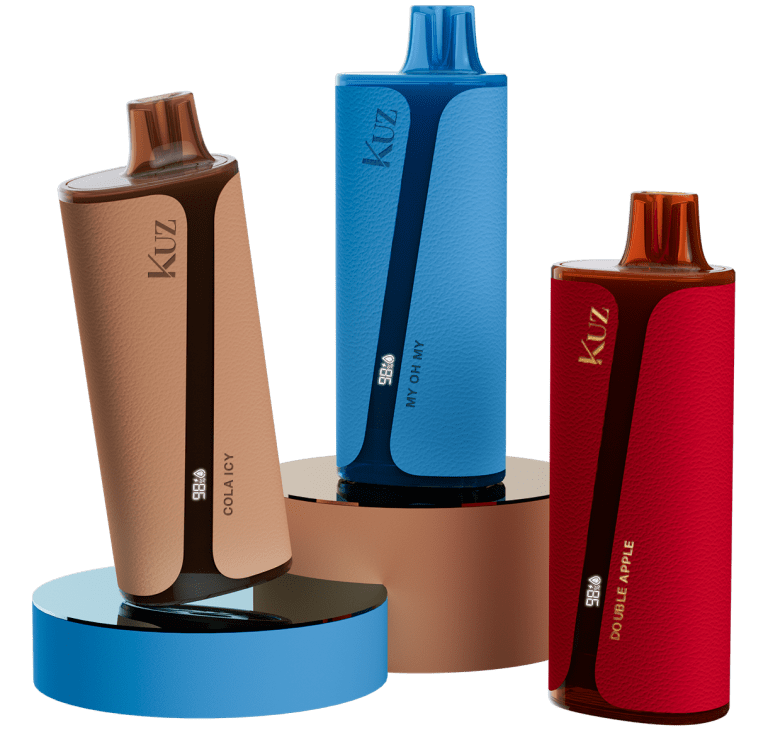Intermittent fasting has gained popularity as an effective way to manage weight, improve metabolic health, and even extend lifespan. However, if you’re a vaper, you might wonder whether vaping during fasting could negate its benefits. This guide will delve into the nuances of vaping while fasting, exploring its effects on metabolism, insulin levels, and overall health.
Does Vaping Break a Fast?
The short answer is no—vaping typically does not break a fast in the conventional sense, especially when it comes to weight loss or gut health. Unlike food, which triggers digestion and insulin release, vaping doesn’t introduce calories or require digestion. As a result, the core benefits of fasting, such as fat burning and autophagy, are likely unaffected by vaping.
However, this doesn’t mean vaping is entirely harmless during fasting. Studies suggest that nicotine, a common component of many e-liquids, can suppress appetite, which might help you stick to your fasting schedule. But nicotine’s stimulant properties can also raise blood pressure and heart rate, potentially offsetting some cardiovascular benefits of fasting.
Impact on Insulin and Metabolism
One of the primary concerns with vaping during fasting is its potential impact on insulin sensitivity. Although vaping doesn’t introduce sugars or carbohydrates that directly spike insulin levels, some e-liquids contain sweeteners that might trigger a mild insulin response. This effect is generally minimal but could be a consideration for those fasting with a focus on improving insulin sensitivity.
Moreover, while vaping might not significantly disrupt the metabolic state of fasting, it’s essential to be cautious. Some studies hint that chronic vaping could alter metabolism and contribute to long-term health issues like cardiovascular diseases, though more research is needed in this area.
Vaping and Dehydration
Another critical aspect to consider is dehydration. E-liquids typically contain propylene glycol (PG) and vegetable glycerin (VG), which are humectants. These substances can draw moisture from your body, leading to dehydration—a condition that fasting can exacerbate. Dehydration may not only make fasting more difficult but could also hinder your body’s ability to function optimally during the fast.
Vaping During Religious Fasting
For those observing religious fasts, such as during Ramadan, the rules are more stringent. Islamic teachings generally classify vaping as breaking the fast since it involves inhaling substances, which is prohibited. Different religions have varying guidelines, but the consensus tends to discourage vaping during any form of spiritual fasting.
Alternatives to Vaping While Fasting
If you’re concerned about the potential drawbacks of vaping during fasting, consider alternatives. Non-nicotine vaping options or herbal vaporizers can provide a flavorful experience without the risks associated with nicotine. Additionally, adopting natural methods like drinking water, engaging in light physical activity, or practicing mindfulness can help manage cravings and stress during fasting.
Conclusion
While vaping may not technically break a fast, it introduces several factors that could undermine the health benefits of fasting. From potential insulin responses to cardiovascular risks and dehydration, the impact of vaping during fasting is nuanced and warrants careful consideration. If your goal is to optimize your fasting benefits, you might want to limit or avoid vaping during your fasting window. As always, consult with a healthcare professional to determine the best approach for your specific needs and health goals.
Actionable Insights:
- If you choose to vape while fasting, opt for e-liquids without sweeteners to minimize insulin spikes.
- Stay hydrated by drinking plenty of water to counteract the dehydrating effects of vaping.
- Consider non-nicotine alternatives or herbal vaporizers as a safer option during fasting periods.
By understanding the potential impacts of vaping on your fasting journey, you can make informed decisions that align with your health and wellness goals.



